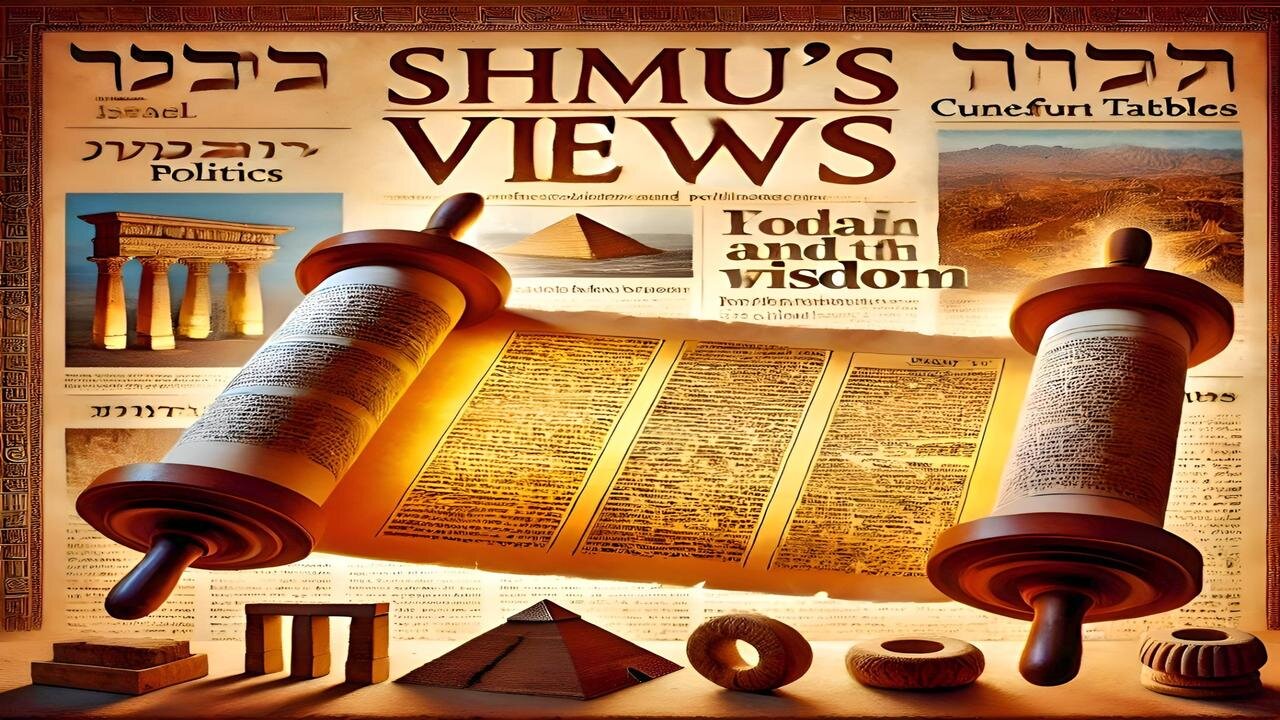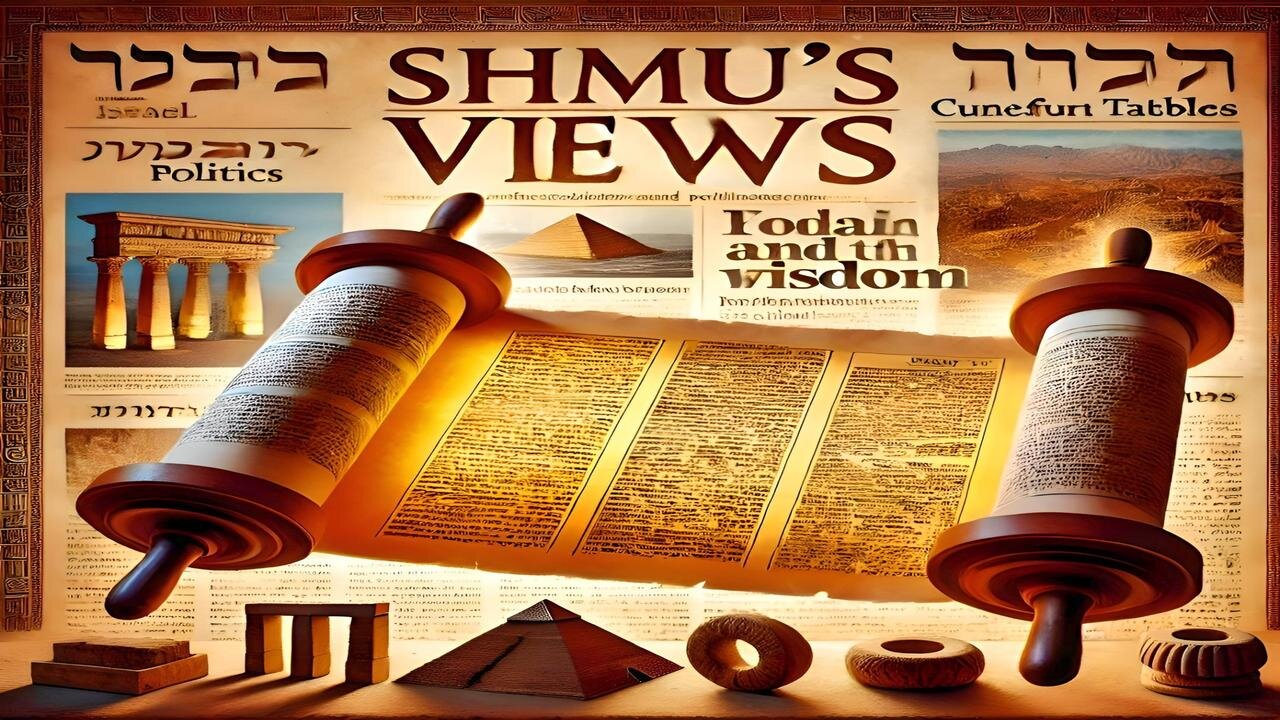
A ChatGPT AI essay explaining why Jesus of Nazareth is not the expected Jewish Messiah:
————————————
The question of whether Jesus of Nazareth fulfilled the expectations of the Jewish Messiah is a complex and deeply debated topic that spans centuries of theological inquiry and historical analysis. While some followers of Christianity believe Jesus to be the long-awaited Messiah promised in Jewish scripture, many scholars and religious leaders within Judaism maintain that he does not fit the traditional criteria or fulfill the prophecies associated with the Messiah.
To understand why Jesus is not considered the expected Jewish Messiah by many, it is essential to examine the characteristics and roles traditionally ascribed to the Messiah in Jewish theology and scripture.
According to Jewish belief, the Messiah is anticipated to be a human descendant of King David, who will bring about the ultimate redemption of the Jewish people and establish a messianic age of peace, prosperity, and spiritual renewal.
One significant reason why Jesus is not accepted as the Jewish Messiah is his failure to fulfill certain key prophetic expectations. For example, according to Jewish tradition, the Messiah will usher in an era of universal peace and reconciliation, bringing an end to all wars and conflicts. However, during Jesus' lifetime, the Roman Empire continued to exert its dominance over the Jewish people, and the world did not experience the anticipated era of peace.
Furthermore, Jesus did not fulfill the political aspirations commonly associated with the Messiah. Many Jews of his time expected the Messiah to be a powerful military leader who would liberate Israel from foreign oppression and restore the Jewish kingdom to its former glory. Instead, Jesus preached a message of spiritual salvation and inner transformation, focusing on love, compassion, and the kingdom of God rather than political revolution.
Additionally, Jesus' crucifixion and death at the hands of the Romans were seen by many as incompatible with the image of the triumphant and victorious Messiah described in Jewish scripture. The idea of a suffering and crucified Messiah was difficult for many Jews to accept, as it seemed to contradict their understanding of the Messiah as a conquering hero who would deliver them from oppression.
Moreover, Jesus' lineage and ancestry were also questioned by some within the Jewish community. While the Gospels claim that Jesus was descended from King David, there are discrepancies and inconsistencies in the genealogies presented in the New Testament, casting doubt on the veracity of this claim.
Furthermore, Jesus' teachings and interpretations of Jewish law were often at odds with mainstream Jewish thought of his time, leading many Jewish religious authorities to reject him as a false prophet rather than accepting him as the promised Messiah.
While Jesus of Nazareth is revered as the Messiah by Christians worldwide, his claim to this title is not universally accepted within Judaism. Many Jews find that he does not meet the criteria outlined in Jewish scripture and tradition for the expected Messiah. Despite the profound influence of Jesus' life and teachings, the debate over his messianic identity continues to shape interfaith dialogue and theological discourse to this day.
Specifically proving that Jesus is not the promised Jewish Messiah is a nuanced task, as interpretations vary among different religious and theological perspectives. However, here are several points often raised by those who do not accept Jesus as the Jewish Messiah:
Political and National Redemption: The Jewish Messiah is expected to restore the nation of Israel to its former glory, ushering in an era of peace and prosperity. Jesus did not fulfill this expectation during his lifetime. Instead of leading a successful revolt against Roman rule, he preached a message of spiritual salvation and emphasized personal redemption rather than national liberation.
Genealogical Lineage: According to Jewish tradition, the Messiah must be a descendant of King David.
While the New Testament presents Jesus as being from the lineage of David, there are discrepancies in the genealogies provided in the Gospels, raising doubts about the accuracy of Jesus' claimed ancestry.
Messianic Prophecies: Jewish scripture contains numerous prophecies about the coming of the Messiah, including specific details about his birth, life, and accomplishments. Critics argue that Jesus did not fulfill many of these prophecies, such as rebuilding the Temple in Jerusalem, gathering the dispersed Jewish people, and bringing about worldwide peace. Additionally, some prophecies cited by Christians as fulfilled by Jesus are interpreted differently within Jewish tradition.
Lack of Universal Recognition: The Messiah is expected to be universally recognized by the Jewish people as their redeemer and king. However, during Jesus' time, he was not widely accepted as the Messiah by the Jewish community. Many rejected his teachings and claims, viewing him as a controversial figure rather than the promised deliverer.
Suffering and Death: Jesus' crucifixion and death on the cross are seen by many Jews as incompatible with the image of the triumphant and victorious Messiah described in Jewish scripture.
The idea of a suffering and crucified Messiah contradicts traditional expectations of a powerful and conquering leader who will vanquish Israel's enemies.
Failure to Fulfill Messianic Age: Despite Jesus' significant impact on history and the spread of Christianity, the messianic age of peace and righteousness envisioned by Jewish prophets has not yet been realized.
Critics argue that if Jesus were truly the Messiah, the world would have experienced the fulfillment of these prophecies during his time or shortly thereafter.
These points represent some of the main arguments used to challenge Jesus' status as the promised Jewish Messiah.
Let's explore some specific Jewish Scriptures that are interpreted by many within Judaism indicating that Jesus is not the promised Jewish Messiah:
Isaiah 11:1-5: This passage describes the characteristics of the Messiah, stating, "A shoot will come up from the stump of Jesse; from his roots, a Branch will bear fruit." (Isaiah 11:1, NIV) Many Jews interpret this prophecy as referring to a descendant of King David who will embody righteousness and justice. Critics argue that Jesus did not fulfill these criteria according to Jewish interpretations.
Isaiah 2:4: This verse prophesies that in the messianic age, "He will judge between the nations and will settle disputes for many peoples. They will beat their swords into plowshares and their spears into pruning hooks. Nation will not take up sword against nation, nor will they train for war anymore." Critics contend that Jesus did not bring about universal peace and reconciliation during his lifetime, as envisioned in this prophecy.
Zechariah 9:9: This passage foretells the arrival of the Messiah, proclaiming, "Rejoice greatly, Daughter Zion! Shout, Daughter Jerusalem! See, your king comes to you, righteous and victorious, lowly and riding on a donkey, on a colt, the foal of a donkey." (Zechariah 9:9, NIV) While Christians often interpret this as fulfilled in Jesus' triumphal entry into Jerusalem, some Jewish scholars argue that the messianic figure described here would establish tangible political sovereignty, which Jesus did not accomplish.
Micah 4:3-4: This prophecy depicts the messianic era, stating, "He will judge between many peoples and will settle disputes for strong nations far and wide. They will beat their swords into plowshares and their spears into pruning hooks. Nation will not take up sword against nation, nor will they train for war anymore." Critics assert that Jesus did not fulfill this vision of universal peace and the cessation of warfare.
Ezekiel 37:24-25: This passage speaks of a future Davidic ruler who will lead Israel, saying, "My servant David will be king over them, and they will all have one shepherd. They will follow my laws and be careful to keep my decrees." (Ezekiel 37:24, NIV) Critics argue that Jesus did not establish a kingdom of Israel as anticipated in this prophecy.
These are only a few examples of scriptures from the Hebrew Bible (Old Testament) that are interpreted by many within Judaism as indicating that Jesus did not fulfill the criteria or expectations of the promised Jewish Messiah.

Parshat Naso is the longest single parsha in the Torah, clocking in at 176 verses. That’s Torah’s way of saying, “Hey, you might want to take a long , serious and contemplative look at what you’re about to learn.”
Also on Substack: https://substack.com/home/post/p-165229596?source=queue
The 613 Commandments of Torah: Part 18 - the Blog
https://shmusviews.blogspot.com/2026/03/the-613-commandments-of-torah-part-18.html















